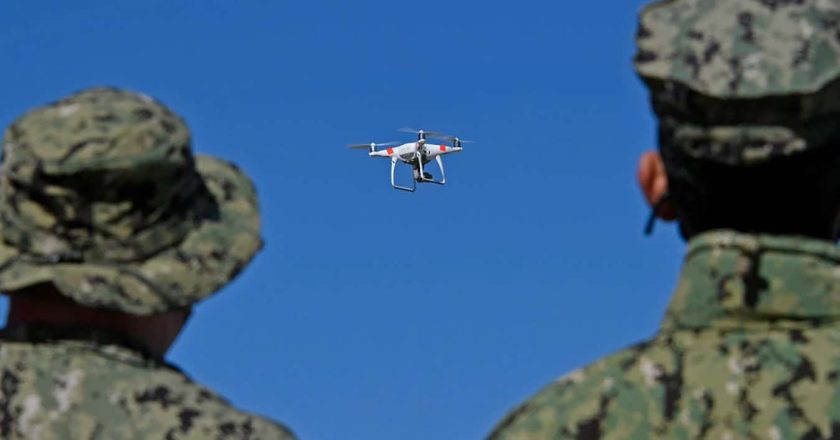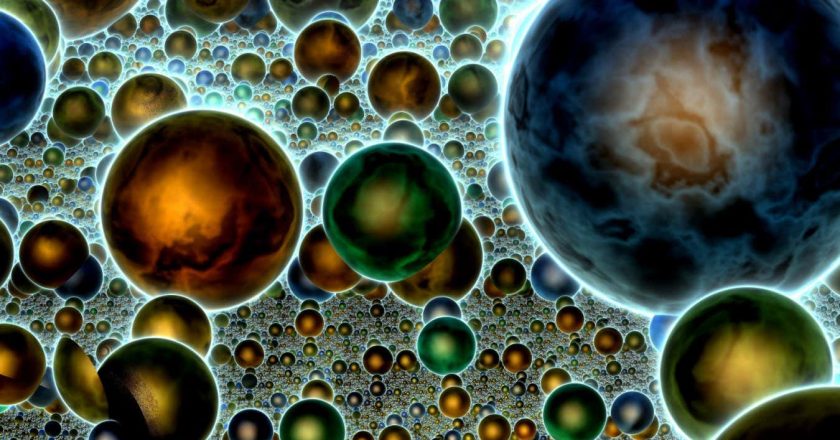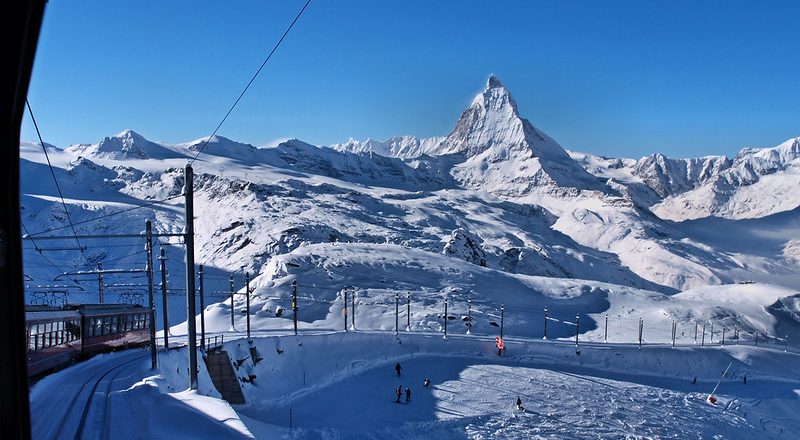What are the mystery drones flying over the US?
Unidentified drones have been flying over US military sitesU.S. Navy/Ensign Drew Verbis
Mysterious drones have been swarming the night skies above New Jersey and other nearby states for a month. They have been spotted over several US military sites. They have been videoed over houses and apartment buildings. A swarm was seen following a US Coast Guard rescue boat at the same time that New Jersey police reported 50 drones arriving on land from the ocean. But no one seems to know who is piloting them, or whether it is a coordinated effort.
The incidents have drawn the attention of state governors and legislators, as well as members of the US Congress, and the FBI has launched an investigation, asking for the public to report sightings.
Witnesses describe the drones ...




